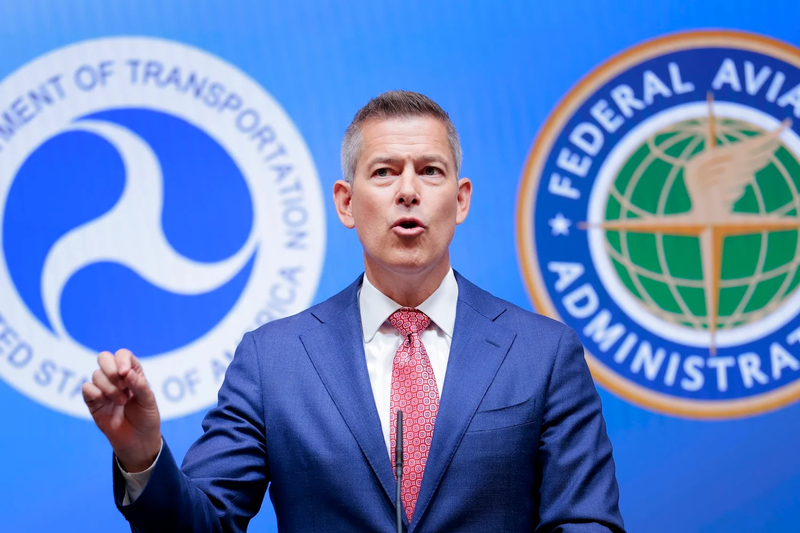
As Newark Liberty International Airport reels from radar failures, staff shortages, and operational chaos, a much larger threat looms: China’s growing dominance in global aviation infrastructure and critical materials.
This week, U.S. Transportation Secretary Sean Duffy reassured the public that Newark was safe, even as he quietly switched his wife’s flight to LaGuardia. The move came after Newark suffered three radar outages in two weeks, including a 90-second blackout cutting contact between planes and the control tower. Staffing levels plunged, with only three air traffic controllers on duty, leading to seven-hour delays.
While Duffy blamed past administrations, the real danger is external. China controls a significant share of global supply chains vital to aviation, including rare earth materials essential for radar systems, aircraft components, and communication networks. America’s dependency on Chinese imports leaves critical infrastructure vulnerable—not just economically, but strategically.
China’s state-owned companies aggressively invest in aviation technology and foreign airports. Their influence extends beyond manufacturing to setting international standards, making it easier to project power without military confrontation. If the U.S. continues to neglect its infrastructure, China’s foothold will only grow stronger.
Moreover, domestic budget cuts worsen the problem. Elon Musk’s influence over government agencies like the FAA, pushing cost-cutting measures, has led to staff reductions that directly impact air traffic safety. Duffy’s claim that “no safety roles were cut” is contradicted by the chaos at Newark.
Newark’s crisis is not isolated—it symbolizes the broader erosion of America’s resilience. As the U.S. struggles with outdated systems and political infighting, China steadily advances its strategic ambitions, waiting for every opportunity to exploit American vulnerabilities.
If the U.S. fails to invest in its own infrastructure and reduce reliance on China, the next blackout might not be technical—it could be geopolitical.